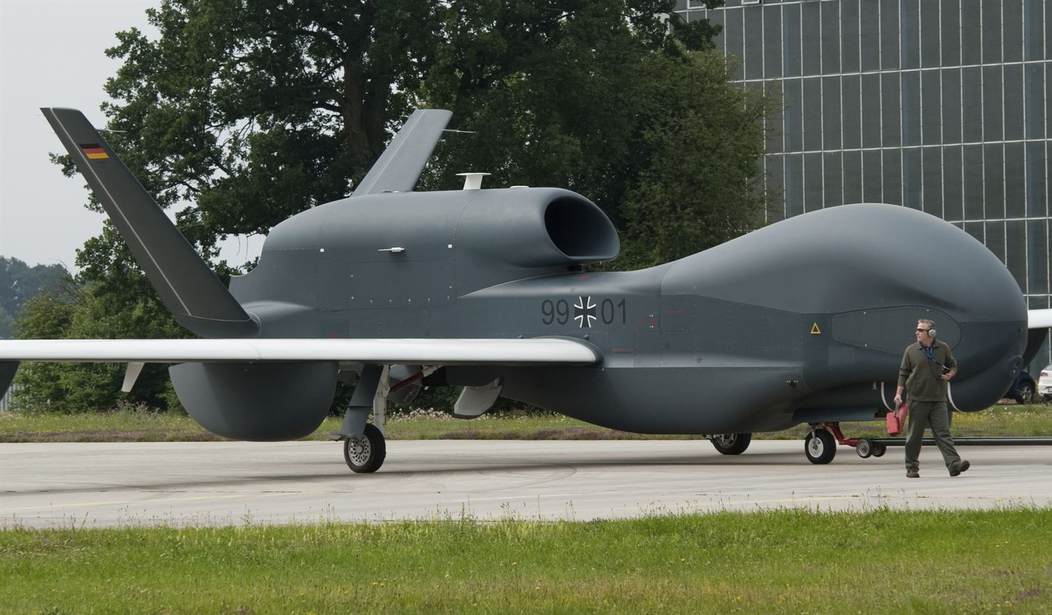Last year “an autonomous weaponized drone hunted down a human target” for the first time, according to a UN report. The report, published in the New Scientist is a chilling look at the future: a “fire, forget and find” capability that could change the face of war.
The drone, a Kargu-2 quadcopter, was manufactured by a Turkish military tech company STM and, according to The Star, “was deployed in March 2020 during a conflict between Libyan government forces and a breakaway military faction led by Khalifa Haftar, commander of the Libyan National Army.”
“The Kargu-2 is fitted with an explosive charge and the drone can be directed at a target in a kamikaze attack, detonating on impact,” said the report.
Zak Kallenborn, at the National Consortium for the Study of Terrorism and Responses to Terrorism in Maryland, said this could be the first time that drones have autonomously attacked humans and raised the alarm.
“How brittle is the object recognition system?” Kallenborn asked in the report. “… how often does it misidentify targets?”
Jack Watling at UK defense think tank Royal United Services Institute, told New Scientist: “This does not show that autonomous weapons would be impossible to regulate,” he says. “But it does show that the discussion continues to be urgent and important. The technology isn’t going to wait for us.”
The technology used by the drone is not as sophisticated or advanced as some of the AI technology used by the U.S. military. But it’s not so much the technology that’s worrisome but rather the command and control systems that are supposed to regulate its use.
What they’re saying: “If new technology makes deterrence impossible, it might condemn us to a future where everyone is always on the offense,” the economist Noah Smith writes in a frightening post on the future of war.
The bottom line: Humanitarian organizations and many AI experts have called for a global ban on lethal autonomous weapons, but a number of countries — including the U.S. — have stood in the way.
No country under the threat of attack will sign any treaty outlawing these kinds of drones — especially if a potential adversary has the capability to build and deploy them. Eventually, a defense against them will be found so the idea that “a future where everyone is always on the offense” probably isn’t in the cards.
But where these drones might be deployed matters. If there’s going to be some kind of international agreement, it should limit deployment of the drones to areas where the likelihood of civilian casualties is very low.
Trying to ban them outright would be a waste of time.










Join the conversation as a VIP Member